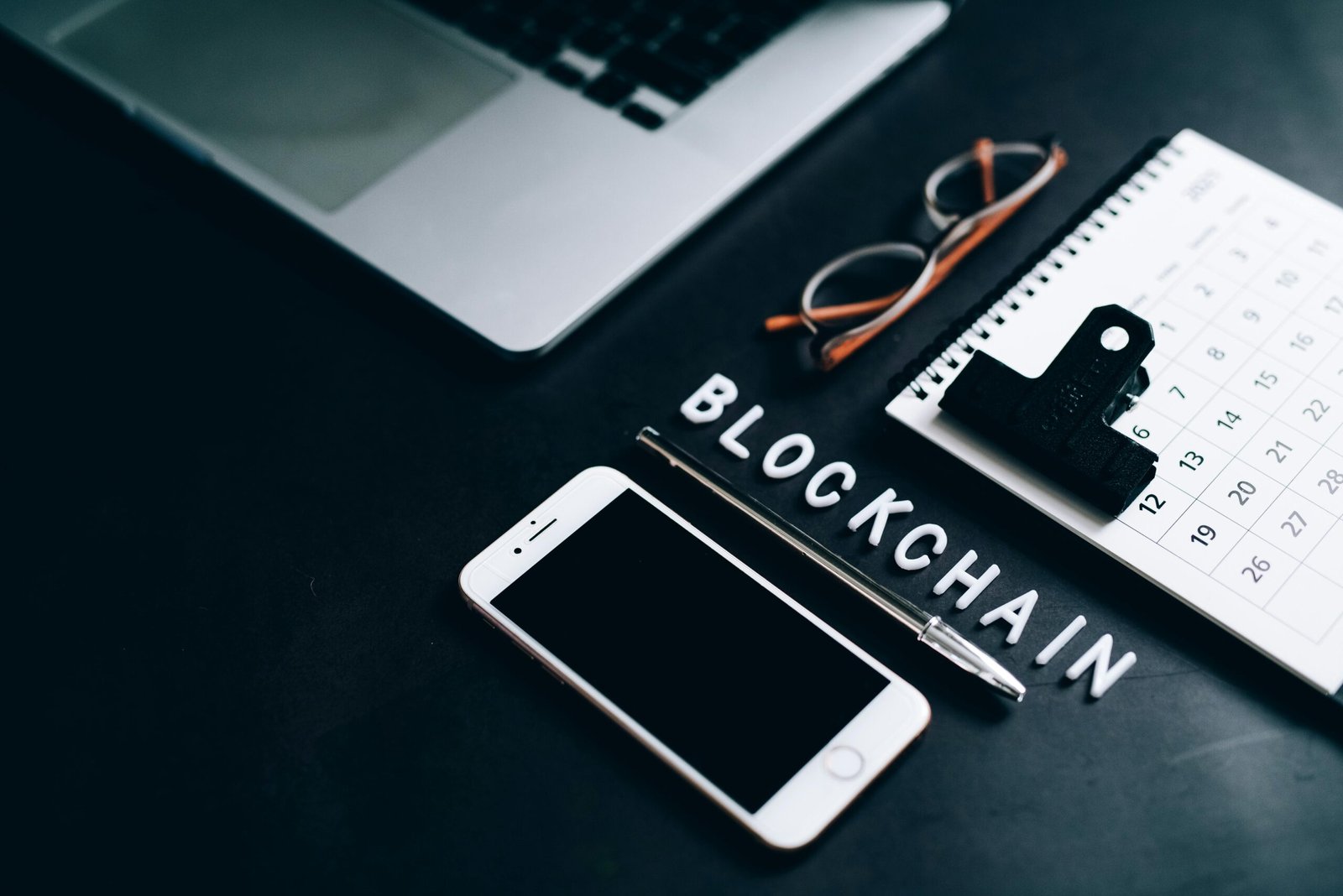Breaking News
Popular News




Enter your email address below and subscribe to our newsletter

How blockchain ensures data security is one of the most asked questions in the tech and finance world today. With increasing concerns about data breaches and cyber attacks, blockchain technology is emerging as a powerful solution for secure and transparent data management.
At bit2050.com, we help you understand complex technology in simple terms. Let’s explore how blockchain is redefining digital security.
Blockchain is a decentralized digital ledger that records transactions across multiple computers. Once recorded, the data in any given block cannot be altered retroactively, making blockchain immutable and highly secure.
Here’s how blockchain ensures data security:
Unlike centralized systems, blockchain does not rely on a single server. Data is stored across a network of nodes, making it difficult for hackers to target one point of failure.
All data on the blockchain is encrypted using advanced cryptographic techniques, making it tamper-proof and accessible only to authorized users.
Once a block is added to the chain, it cannot be changed without altering every subsequent block, which would require consensus from the entire network.
Before data is added to the blockchain, it must be validated by the network through consensus algorithms like Proof of Work (PoW) or Proof of Stake (PoS).
Every transaction is timestamped and publicly verifiable, reducing the risk of fraud and increasing accountability.
Companies use blockchain to track goods, ensure authenticity, and prevent tampering.
Banks use blockchain for secure transactions, fraud detection, and identity verification.
Blockchain protects sensitive patient records, ensuring data privacy and integrity.
Blockchain can be used for secure and transparent voting, preventing vote manipulation.
Pros:
Highly secure
Transparent and immutable
Resistant to data manipulation
Cons:
Energy-intensive (in PoW systems)
Slower transaction speeds
Regulatory uncertainty
Blockchain isn’t just for cryptocurrency—it’s a revolutionary technology that offers robust data security. Whether in finance, healthcare, or logistics, its decentralized and encrypted nature protects data like never before.
Stay updated with the latest insights at bit2050.com where we decode tech and finance for you.
Q1: Is blockchain completely hack-proof?
A: While no system is 100% secure, blockchain is one of the most secure technologies available due to its decentralized and encrypted nature.
Q2: Can blockchain be used for personal data storage?
A: Yes, many new platforms are exploring blockchain for secure personal data storage, identity verification, and document management.
Q3: What are the biggest threats to blockchain security?
A: Potential threats include 51% attacks and smart contract bugs, but these can be mitigated with proper protocols.
Q4: Is blockchain used in government systems?
A: Yes, countries like Estonia and Dubai are implementing blockchain for secure e-governance and record-keeping.
Blockchain, Data Security, Cybersecurity, Decentralization, Cryptography, Proof of Work, Proof of Stake, Blockchain Security, bit2050.com